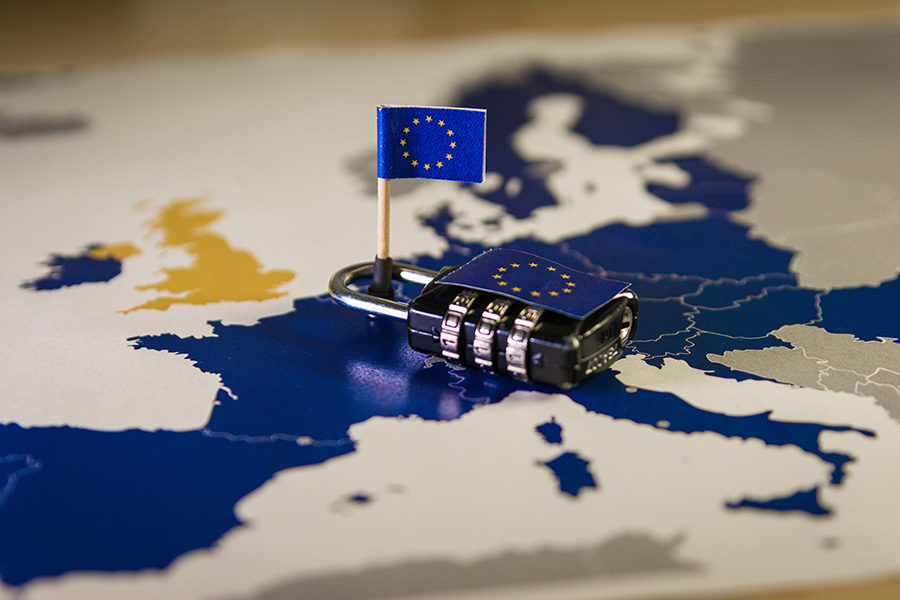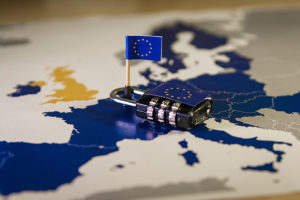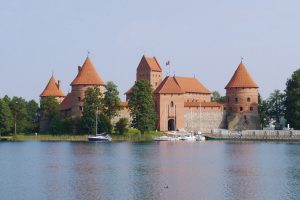Slovakia provides input for Montenegro gambling reforms

Slovakia’s Ministry of Finance hosted a study visit for Montenegro’s gambling regulator as the country prepares to reform its gambling legislation.
Slovakia.- The Slovakian Ministry of Finance (MR-SF) and the country’s gambling regulator URHH have hosted a study visit for their counterparts from Montenegro. The two bodies are providing input as Montenegro looks to act on European Union requirements for it to reform its 2004 Gambling Act.
The Slovakian authorities hosted representatives from the Montenegro Ministry of Finance and Office for Gambling Regulation as part of a United Nations Development Programme (UNDP) project. The visit aimed to explore ways to “enhance transparent and responsible management of public finances from gambling”.
Montenegro must reform its gambling legislation to eliminate market discrepancies and weaknesses as part of its planned entry into the European Union from 2025. Slovakia has been working with the country on the matter since 2018. The aim is to increase budget revenues from gaming and reduce possible exposure to money laundering and take action to come in line with the rules of EU membership.
The Slovakian regulator, URHH, will also provide a technical upgrade of Montenegro’s IT systems for monitoring gambling activity and transactions.
Bojana Boškovič, general director of financial at Montenegro’s Ministry of Finance, said: “We understand the Slovak support and help from Slovak Gambling Regulatory Authority. It is very important to have direct cooperation with an EU member and to have the opportunity to implement know-how in our country.”
URHH general director Dávid Lenčéš said: “There are no mandatory sources of European Union law for national regulations to be harmonised with. It is up to each national legislature to regulate the gambling market according to the best practice and specific needs.
“As there are relatively few experts in gambling regulation in European countries, I am pleased about our successful cooperation. Close business relationships between small European countries, such as Slovakia and Montenegro, can be the basis for the future harmonisation of gambling legislation across Europe.”
Last month, Slovakia’s Office for the Regulation of Gambling announced the launch of a whitelist of online gambling websites run by licensed operators. The regulator already has a public blacklist of unlicensed sites, but the creation of a positive whitelist is intended to make it easier for players to check if a site is licensed.
The regulator also noted that keeping the blacklist up to date was a constant challenge since new sites spring up all the time. The whitelist, however, should prove a lot easier to keep up to date.
Meanwhile, it has also announced the publication of a “Concept of Responsible Advertising” document with which it intends to improve gambling advertising standards. The document will introduce new standards for gambling ads in all media.
The document is intended as a “starting point” that operators and media bodies can use to introduce new self-regulatory and control mechanisms to ensure a safe gambling market for consumers and prevent crime and gambling harm.











